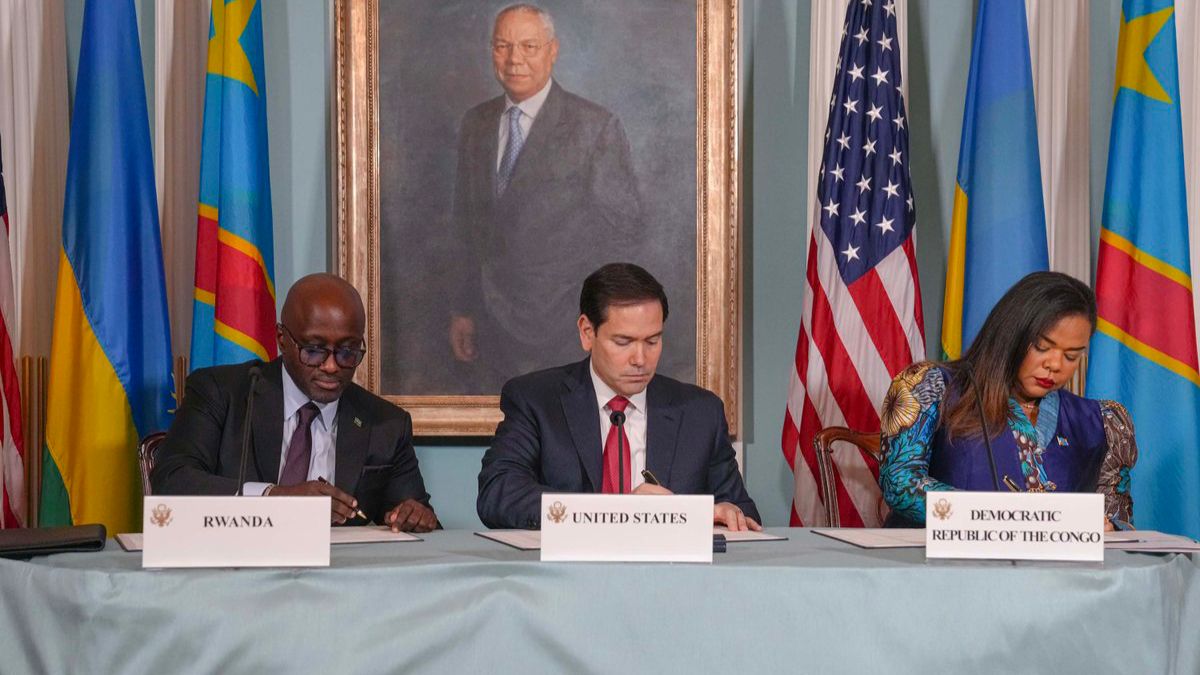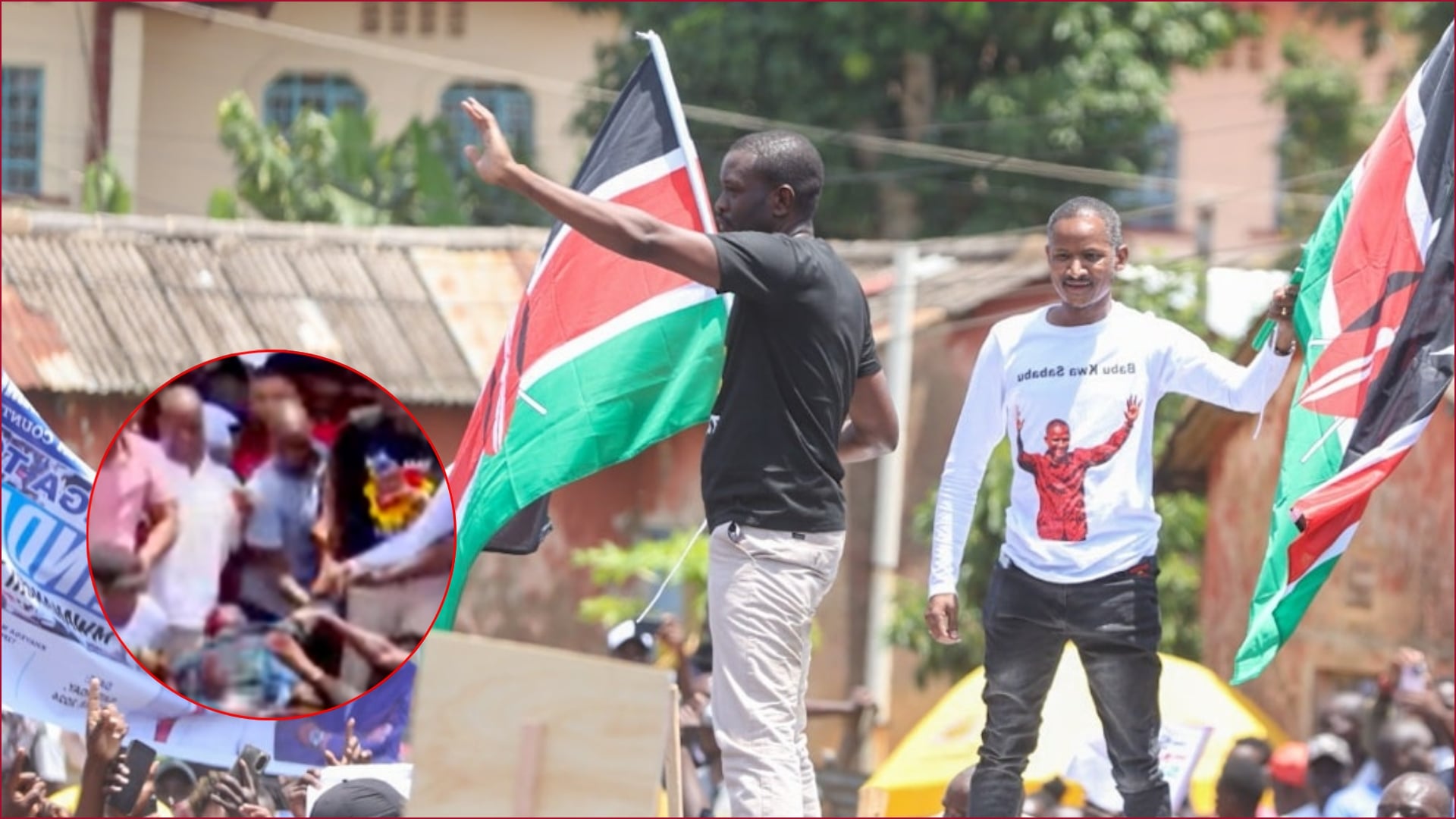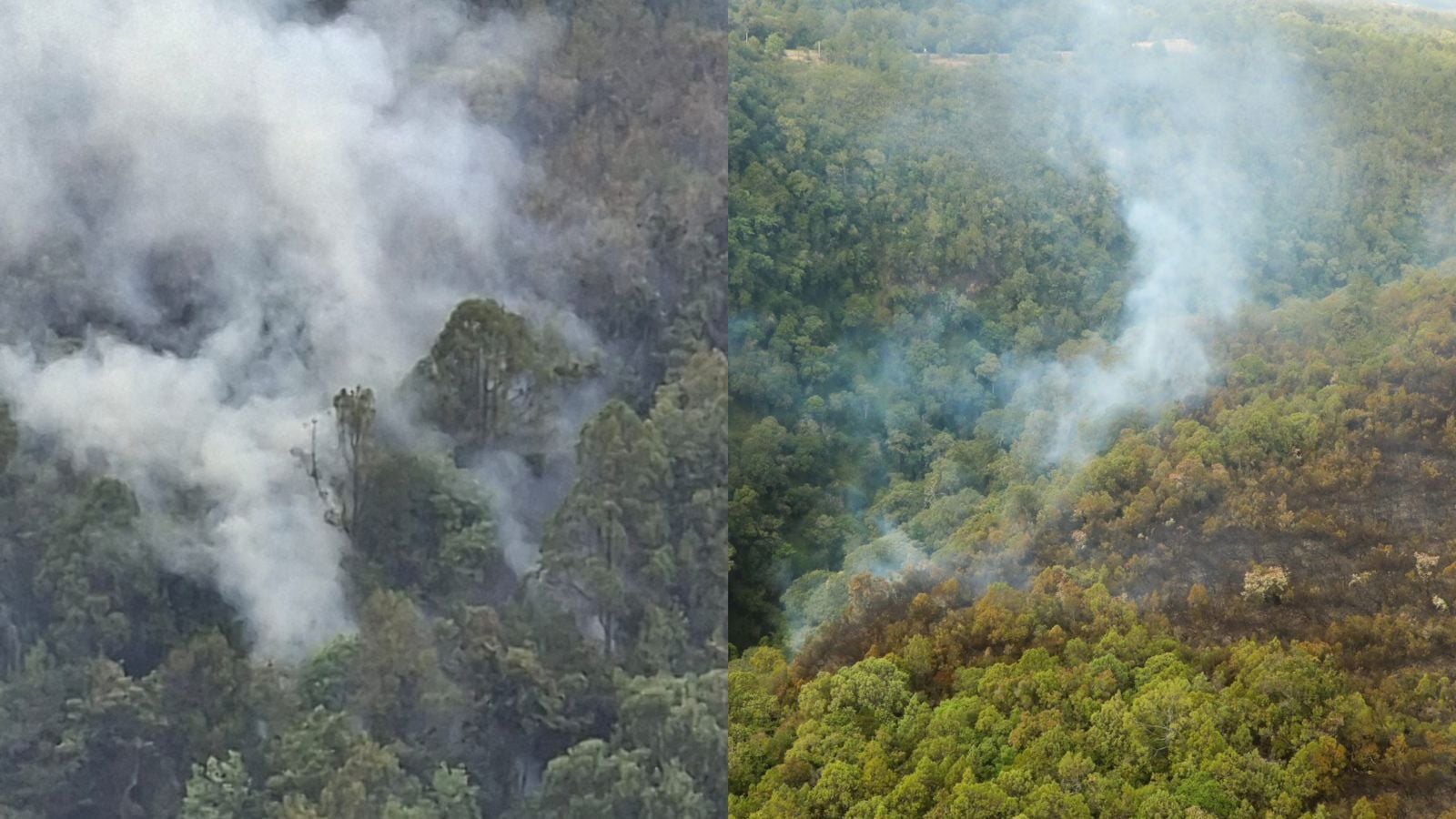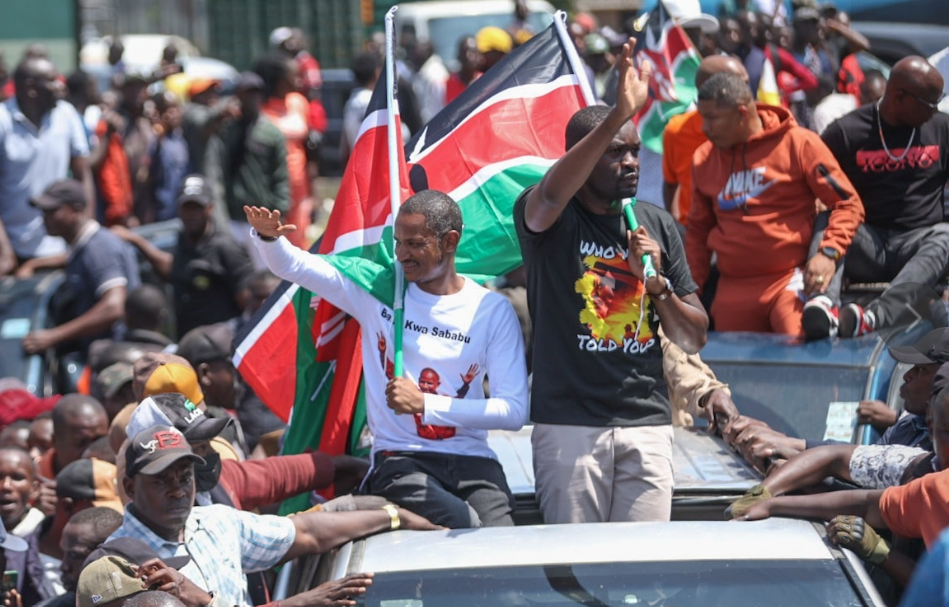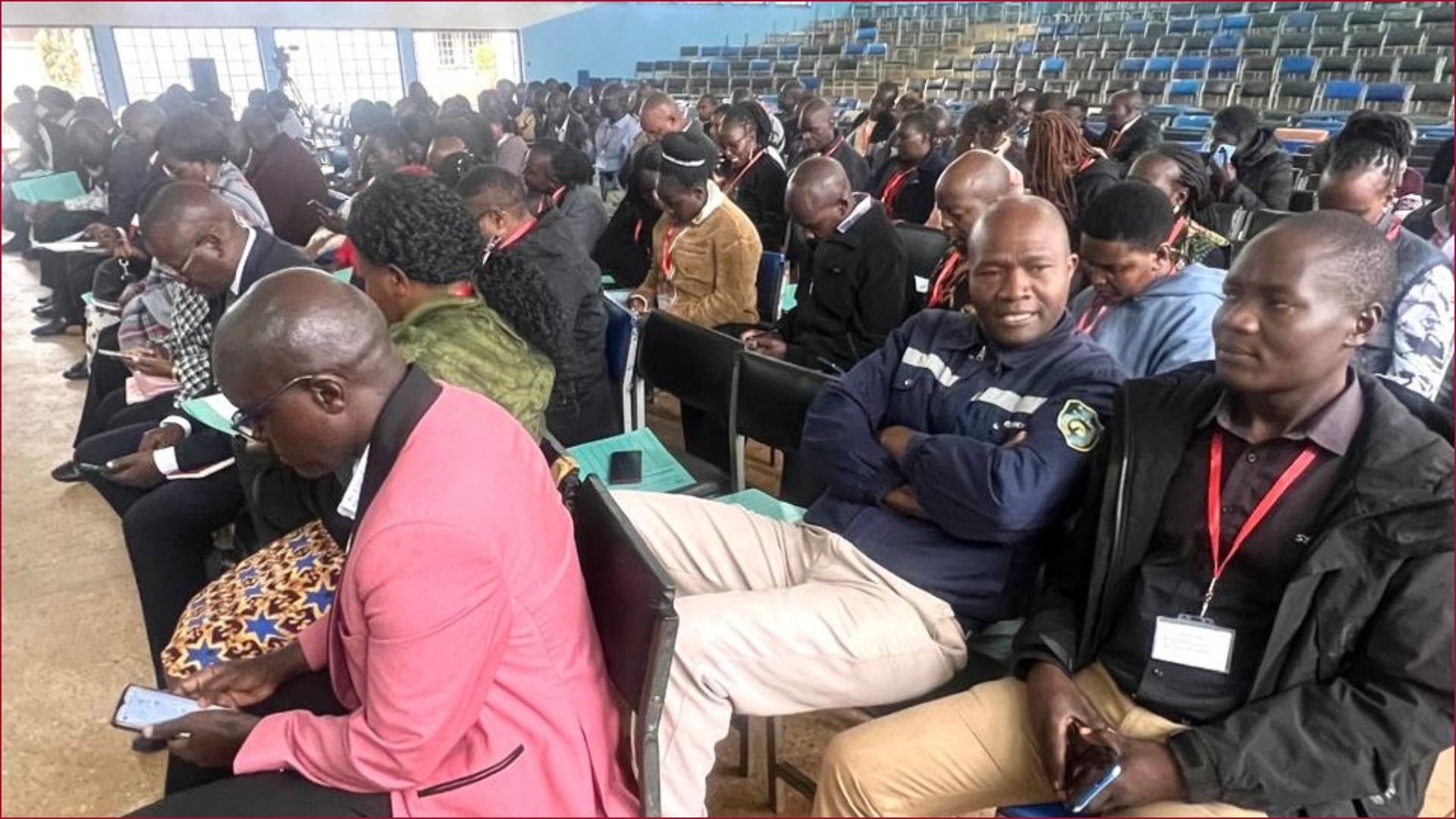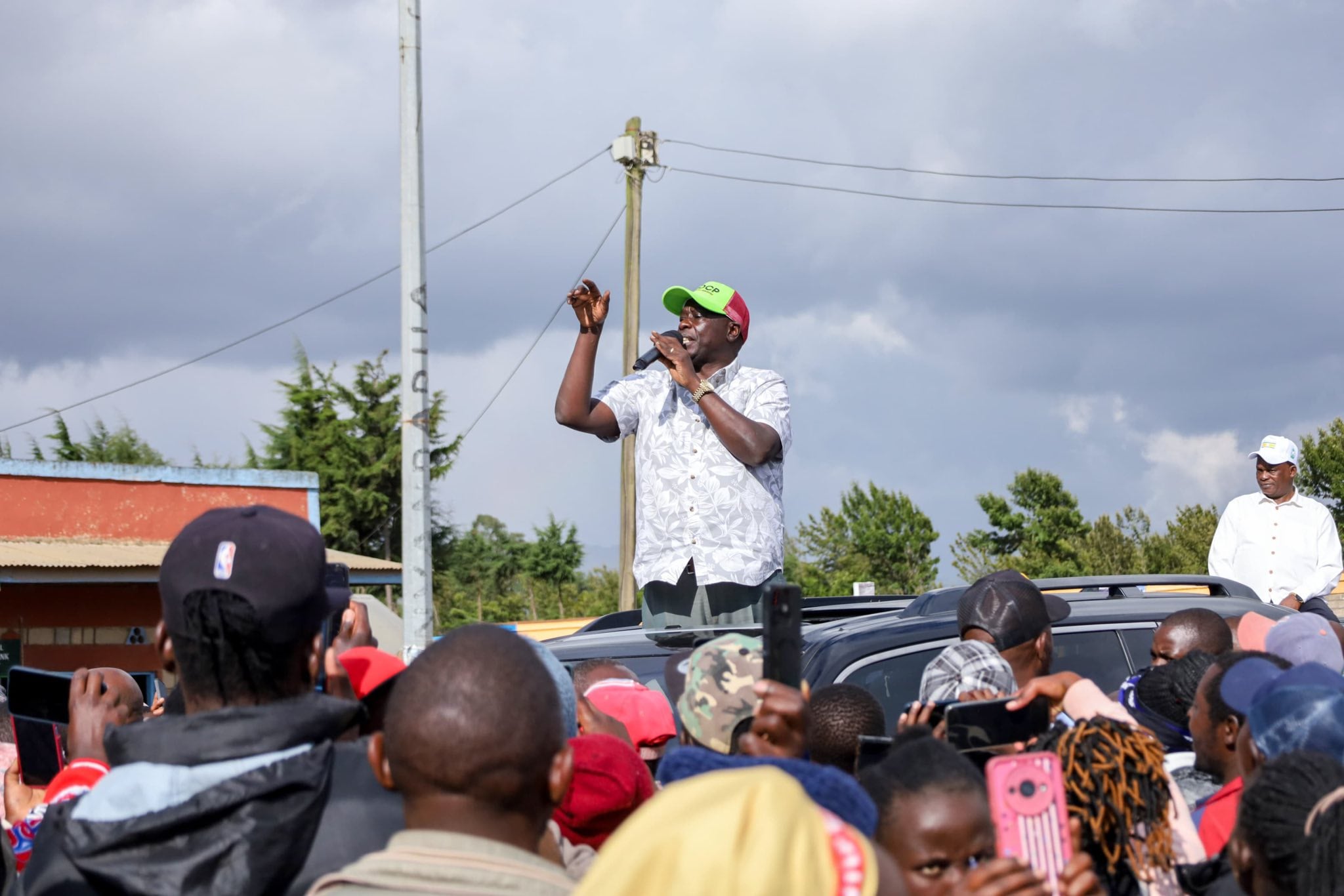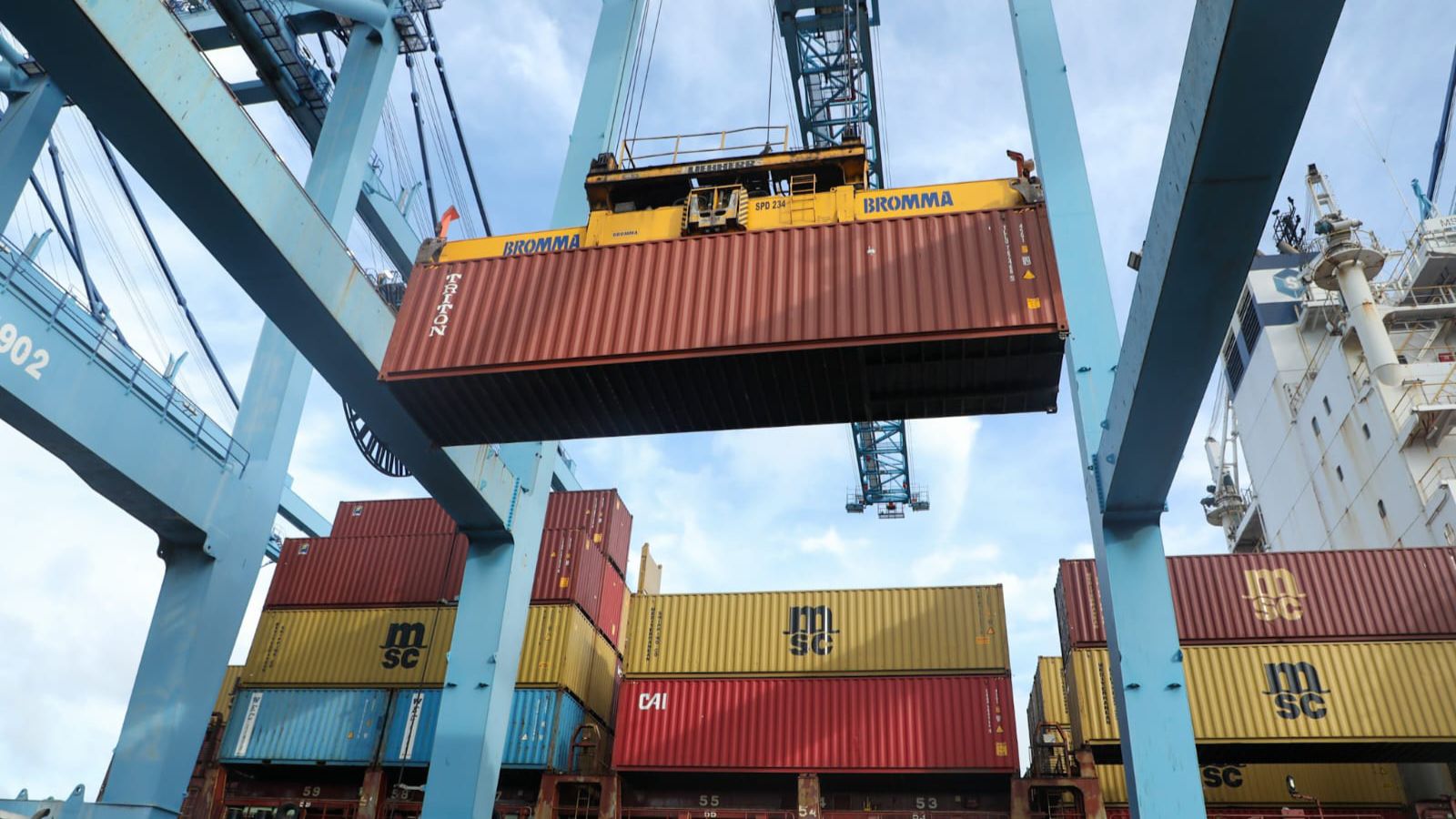The government has welcomed the peace agreement signed between Rwanda and the Democratic Republic of Congo (DRC) after decades of conflict in the Great Lakes region.
In a statement on Saturday, June 28, Foreign and Diaspora Affairs Principal Secretary Korir Sing’Oei praised the development as a crucial milestone for regional and global stability.
"We commend Rwanda and DRC for this agreement, the dividends of which will accrue to the people of these two countries, the region and our world.
"The involvement of the United States in this process has been a vital success factor building on the foundational efforts by the Heads of States of EAC-SADC," he said.
The agreement was brokered under the auspices of the United States, with high-level involvement from top officials and key regional blocs including the East African Community (EAC) and the Southern African Development Community (SADC).
Read More
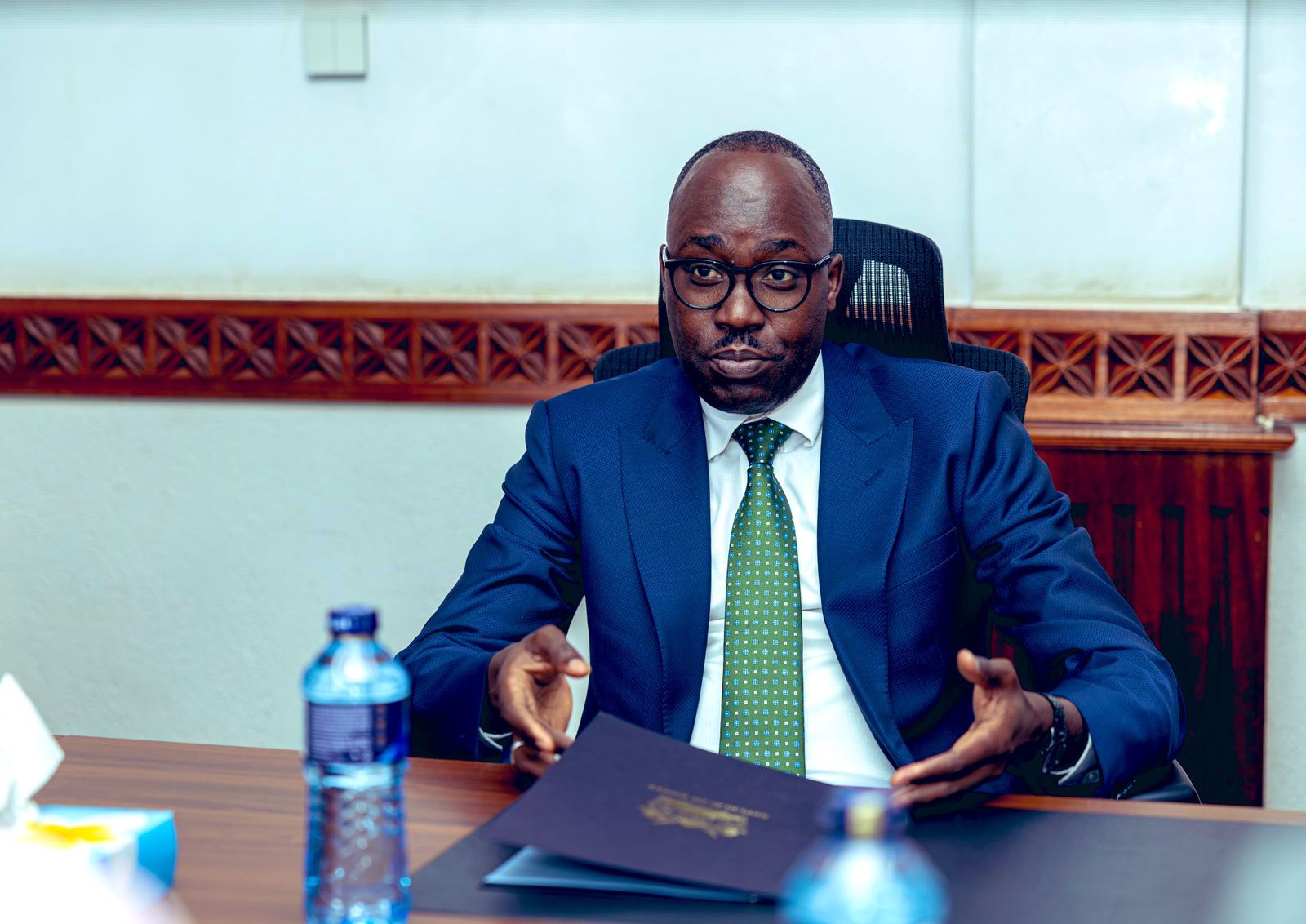
U.S. Secretary of State Marco Rubio, who hosted the ministerial-level signing ceremony, emphasized the diplomatic weight behind the accord and credited the Trump administration for its role.
“Today, I hosted the Ministerial signing of the Peace Agreement between the DRC and Rwanda, ending a 30-year conflict in the Great Lakes region.
"With the strong leadership of President Donald Trump and the sustained efforts of U.S. Senior Advisor for Africa Massad Boulos, Secretary of State for Political Affairs Allison Hooker, and Bureau of African Affairs, the United States brought both parties together to reach this landmark agreement, and we remain committed to supporting its full implementation,” he said.
The conflict between DRC and Rwanda has persisted for over 30 years, rooted in the fallout from the 1994 Rwandan Genocide.
After the genocide, Hutu militias responsible for the killings fled into eastern DRC, destabilizing the region and prompting Rwanda to intervene militarily.
This led to the First Congo War (1996–1997), where Rwanda and Uganda helped overthrow Mobutu Sese Seko and install Laurent-Desire Kabila.
However, the alliance quickly broke down, leading to the Second Congo War (1998–2003), involving nine African nations and numerous rebel groups in what became known as Africa’s World War.
